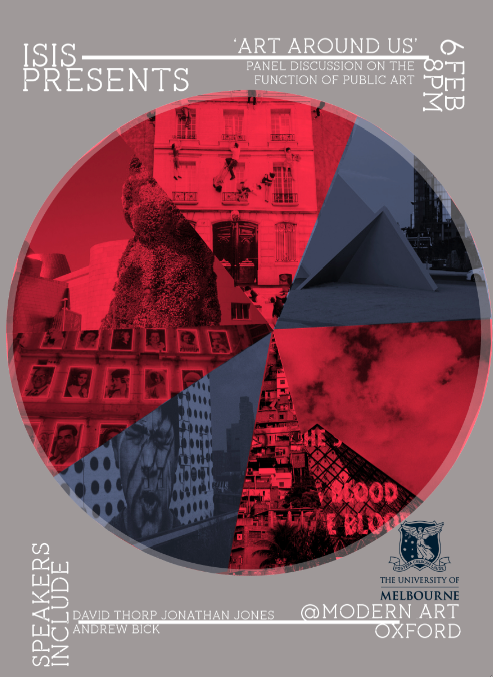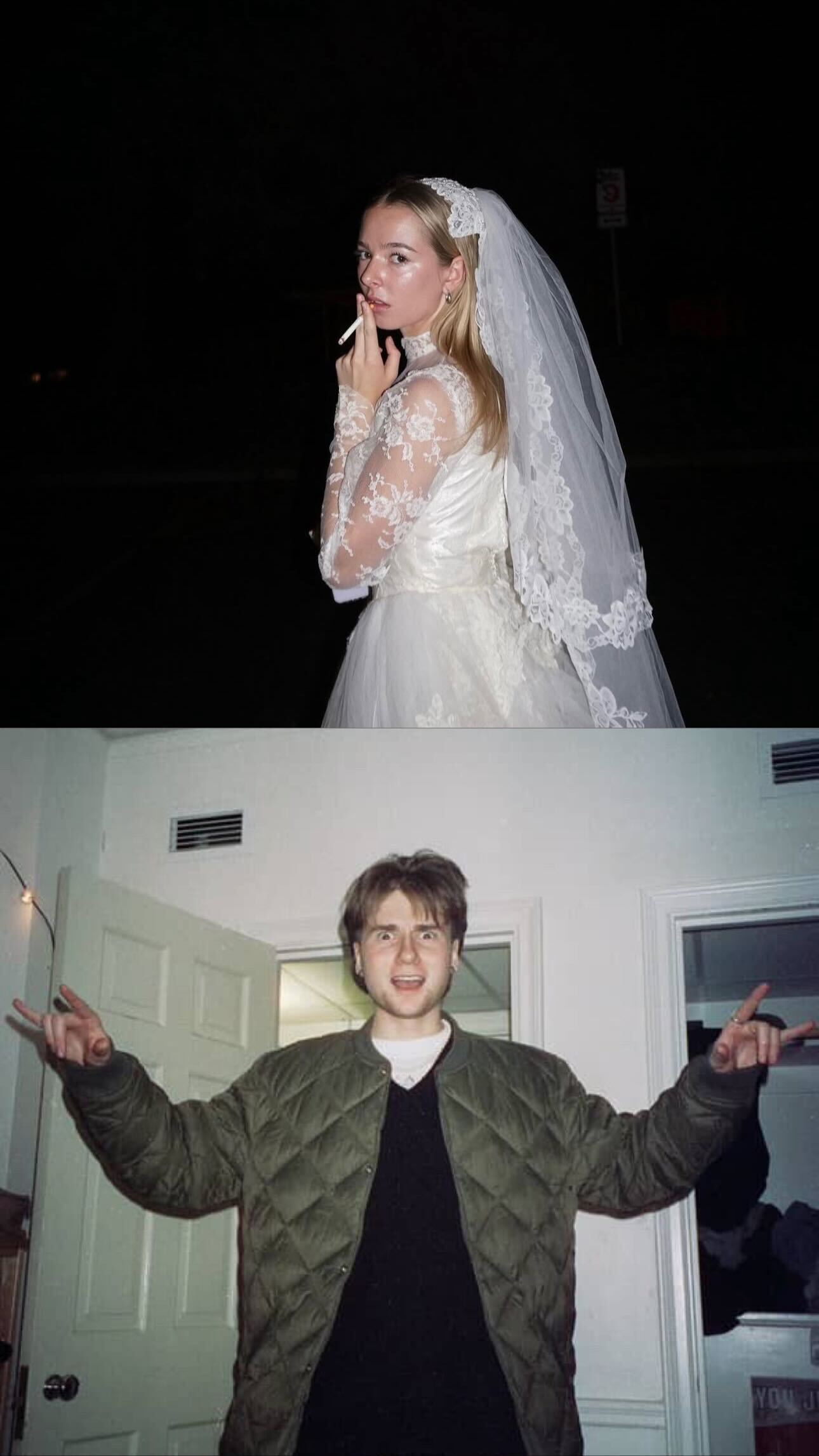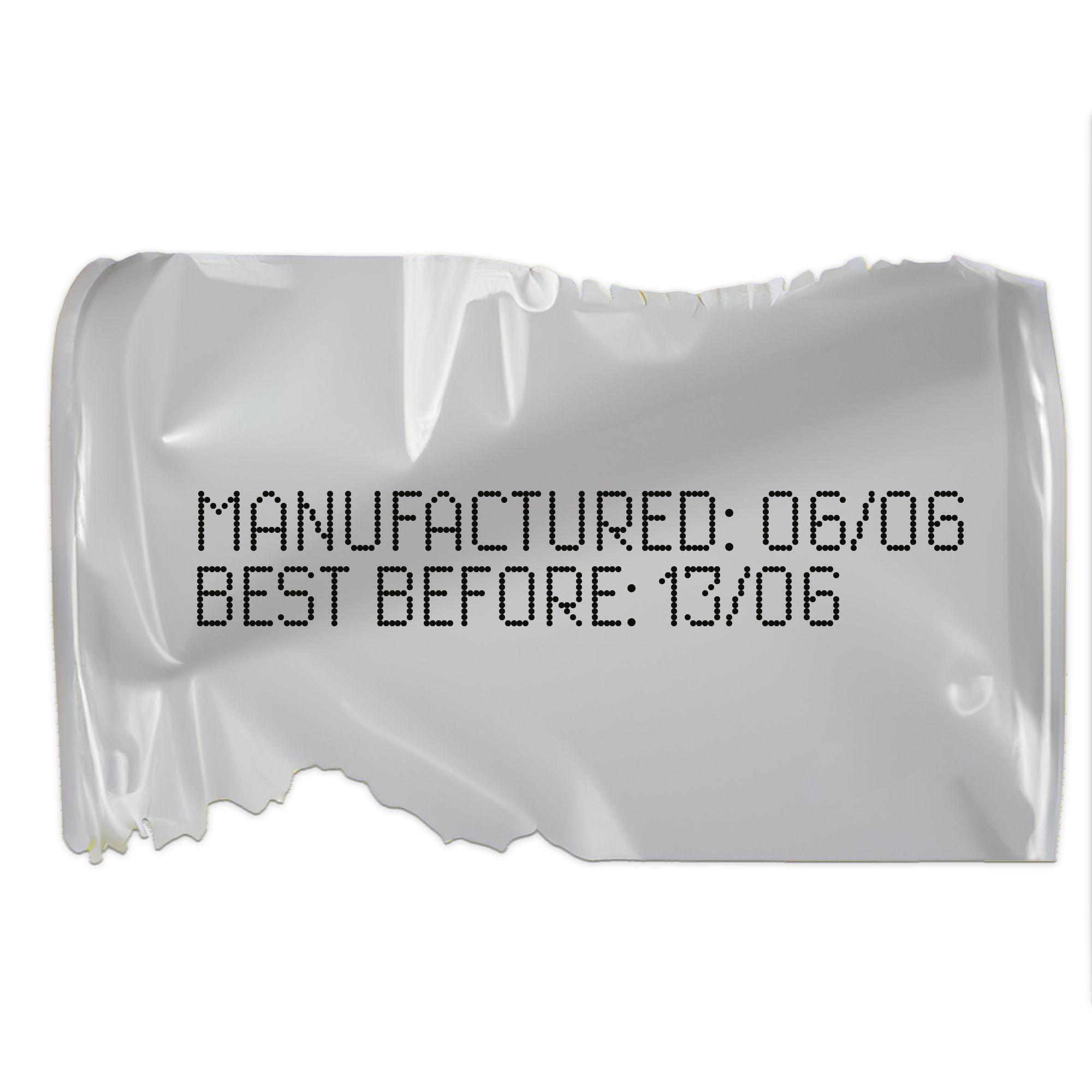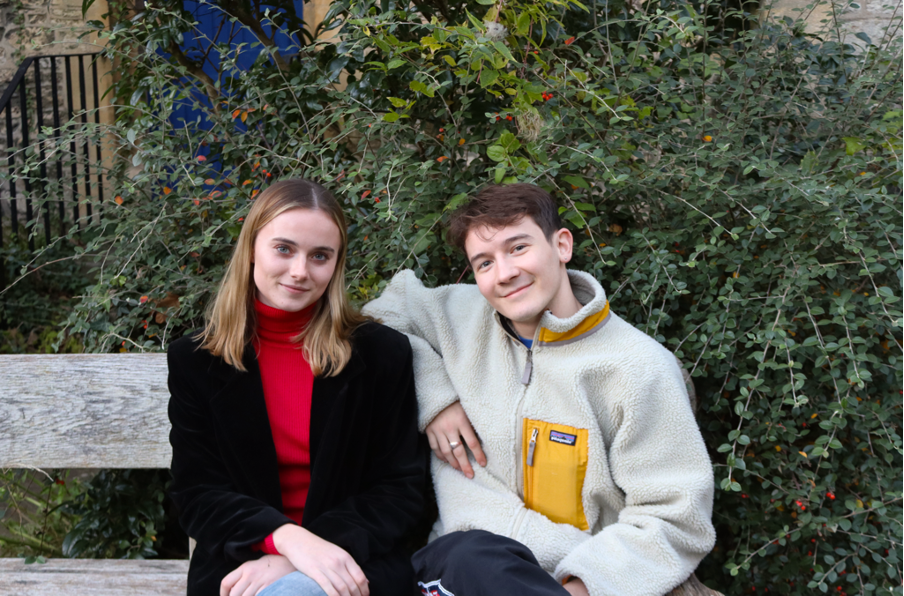
Icons of the Week: Katie Stamp and Jakub Trybull, Creators of A Bear’s Favour
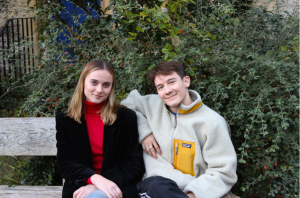
A Bear’s Favour (niedźwiedzia przysługa) is a work-in-progress documentary made by six students from the University of Oxford, who sought to unpick the political climate in Poland. Since the fall of Communism in 1989, post-communist prosperity and living conditions drastically improved. In 2018, the Law and Justice Party (PiS), a right-wing political party, came, and things rapidly changed. Now, it has been argued that Polish political and humanitarian rights are eroding. We spoke to Katie Stamp and Jakup Trybull, the creators behind the new documentary, who are trying to uncover what’s really going on.
Tell me a little bit about who you are, what you’re making and how the project was born.
Katie Stamp: I’m Katie, I’m a second-year History undergrad at St. Hugh’s. I’ve got Polish roots, my grandmother’s fully Polish. I’ve been interested in Polish politics since around 2020 when I wrote an article about the rise of the Law and Justice Party. Last summer, I went to Poland for a three-week course in language and cultural history. And I just thought, there’s so much interesting stuff which I don’t think a lot of people know about. Then I heard that Jakub spoke Polish fluently. You know when you’re kind of mutual friends with someone? So I called him up, and I said: ‘Hey, do you want to do this?’, and he was like, ‘Yeah’.
Jakub Trybull: Well, yeah, so I’m pretty Polish. I was born there, my family’s from there. And I go there every summer. I love the country, because it is my home. The reason I really wanted to get involved was the same situation [as Katie]: being quite interested in Polish politics. But when I talk to my friends it’s lengthy to try and explain. It’s quite well-rounded, quite complex. And we just felt that because there’s so many factors that we see being quite important, not only just in the Polish context, but in the broader European and democratic context of [the rule of law] being challenged, we wanted to make a concise but very interesting project and resource about this and educate.
KS: Yeah, I think that comes into two things. It’s the fact that there is academic literature on some of these aspects. But I’m not quite sure it’s accessible. It doesn’t always get the emotional side of the matter; like why people actually vote for who they vote for. It’s more of a statistical perspective or looking at, you know, top-down. And then, the stuff that is accessible is sensationalised media, where you just polarise one side as crazy lunatics. But then, 37% of the voting population for us are crazy lunatics. I wanted to combine those and find an engaging way to bring the message forward to a wider audience.
JT: And based on that, I think lots of people see this and what’s going on as quite controversial. But as Katie said, in Poland it’s not that controversial, it is the norm. So, what we’re trying to do is reach out to everyday people and understand why they believe the things that they do, and their lived experiences under the rule of the Law and Justice Party. So it’s kind of a macro-view. But we’re going into these towns, both urban and very rural, to really try and get a comprehensive view of what Polish people think and how the strategies and influences of previous governments both arise but also sustain. They do have a broader social influence within Poland but outside of home as well.
KS: Just to add to the demographic side, Jakub mentioned talking to local people but also elite politicians and historical figures to get that real (rural, urban) demographic social coverage.
When we talk about right-wing populism, do you find that there’s something different necessarily about how it’s manifested in Poland, compared to this generalisation that Brits have about the “wave” of European right-wing populism?
JT: Yeah, totally. I think Poland has a very interesting history as a former Communist country and satellite state of the Soviet Union. And that kind of [stems from being] a poster child of liberal democracy and capitalism and being really, really hailed by way of resignation. And then particularly in 2004, 2006, [Poland] really supported the EU and waved the EU flag. And within that decade—a very short time period—that tide has been very, very quickly shifting. You’re kind of seeing the birth of a new nation, a relatively new nation: it’s only been around since the beginning of the 90s. And like a third or a quarter of Poland’s lifespan, essentially, has been under these influences. There are obviously other factors involved. Catholicism was very high in Poland. So, there’s a huge stake there, where the Polish church and the state are not quite separated. And that has been fundamentally quite different to other European nations. So, it’s kind of like a melting pot of a lot of different factors in play here.
KS: Yeah, I would just reiterate the crash-course-in-democracy aspect. I think that’s what really separates Poland. I think [other countries] have had longer, more stable democracies as such. But I think in terms of the broader appeal it’s about people who are left behind, and that’s a topic which, you know, spans across so many countries, including Britain (I mean, Brexit and everything like that). And that’s something emotional—not just a-fact-of-human-nature kind of thing.
Why a video documentary?
JT: Good question. So, there’s literature out there that kind of summarises, and I think VICE News Media has done quite a lot of coverage of it, but usually they’re quite short. And as Katie said, sometimes quite sensationalist. And not so much like an in-depth understanding of the psyche underneath. And I think by doing a video documentary, it’s going to be a really fun project for us and also quite interesting and engaging to watch. And it’s something that can be so easily shared.
KS: I think it’s a couple of things. First of all, on video, you get people’s actual emotions. And you’re watching real life rather than reading. I mean, I know we all read a lot. A fair amount of academic literature and documentaries are focused on focusing on very narrow aspects and in doing that they really lost the broader picture of what was going on across demographics and geography.
What is the documentary process looking like? How is it unfolding?
KS: So we’re going to film in September. Me and Jakub went to get some preliminary footage at the Independence Day protests, which we can talk more about. But right now, we’re at the funding stage, whether it be through private sponsorship, or a lot of [university] grants we’re applying to. And we did a lot of research in the holidays, obviously on the topic, but more specific research on interviewers who we’re currently in contact with. So, it’s kind of going to be half-and-half, you know, obviously in advance we’re gonna have to secure the politicians. But then we also need to secure the local people. That will be contingent on our contacts, but also going there and trying to be friendly—which we found was quite effective when we went in. But we just secured official status as an Oxford expedition after submitting a 36-page proposal.
JT: Yeah, it was lengthy. We’re trying to get these grants, which are just to go travelling. It’s like, I think, a key part of our feat is that there’s gonna be something produced at the end of it, which is interesting. So, a lot of the places we’ve gone to have been quite welcoming because there’s going to be something at the end. But yeah, this big proposal thing was definitely a lot on our plate. But I think it’s helped us just formalise in our minds what we’re trying to achieve.
KS: We’ve been working since August, but right now we’re just at the website stage getting finalised. It was about delegating tasks. We have 6 or 7 people on our team, we have a producer and assistant producer and researcher who has personal experience in media. And we’ve also been contacting media people, finding avenues, and speaking to interesting people. Such as John Blair, Oscar-winning documentary guy, which is just so cool. Just trying to get advice, because we are students.
JT: And it’s usually quite difficult. But what we found is that people do want to speak; you just kind of have to ask. That’s the motto we’re going by. When we’ve been in contact with people in ITN, Vice Media, even politicians.
Tell me more about the Independence Day March.
JT: Totally. So, it’s a hectic day. We left Oxford at like, 1am, got there at 11am. Very long journey—it was horrible. I wouldn’t recommend it.
KS: And it’s already a pressurised situation.
JT: Yeah, we arrived there suddenly, like, ‘Okay, now we need to talk to you’. But as soon as we landed, on the 11th of November, Poland basically has their Independence Day. And it’s essentially to commemorate and recognise—Poland has always been or has often been under some sort of foreign influence (Nazi occupation, or communist), more historic and local laws. Essentially, this day is kind of like a national celebration, where lots of people wave their flags and celebrate what it means to be Polish. So we went to Warsaw, where there is usually quite a big march. And it begins pretty wholesome, it seems that, obviously, it does attract people that are quite proud of their nationhood, which is a particular type of social group. But sometimes, as has been in previous coverage, it does kind of start to escalate into potentially a bit more right-wing, a bit more forceful kind of manner and presentations.
KS: Bit more aggressive protests against any influences that they’re rejecting in society, rather than a proudness of that country. Rejecting people who are pro-abortion or that kind of thing.
JT: Yeah, we’ve seen it all. It was quite intense for us because we’d go on the street and there’d be lots of flares, explosions. Just quite jumpy for us, very graphic imagery as well. There was this there’s anti-abortion van that said ‘violence against the innocent’.
KS: And it had a full-on picture of a foetus in someone’s hand. It was weird because we got there and it all felt quite eerie, to be quite candid. And then there are all these people and we’re aware that we can’t speak English around them because we saw someone getting escorted out.
JT: There were counter protesters, and we tried to interview them. There was this big group of kind-of-hunky Polish men…
KS: …Who were spitting on the counter-protestors. And trying to prevent you from interviewing them. But I think it’s important, while we emphasise that we’re talking about all the shocking aspects of it—like the abortion—or, I mean, there were some sort of neo-Nazi slogans as well, later on in the night. I think it’s important to say there is that population there. And they might be symbolic of a wider mentality, but it’s harmful to sensationalise and represent that as Polish people. It’s a small minority. And I think we just need to avoid saying ‘this is the Polish nation’.
JT: There are, obviously, people with various views in every country. Just particularly with this march, it seemed to be a platform for where they can organise, and be there together. So, we did see like all these other things, like LGBT things, one of the chants was like:‘this is God’s fatherland’.
KS: Yeah, we got interviews. And it was cool, because some people were just there, because they were like: “Yeah, I’m really proud of my country”, and others were there because they were against the government. So that was interesting as well.
I mean, how do you feel about the recent election and it’s results? What is the relevance of that for the documentary?
KS: I mean, initially, when we heard the results, just on the surface, we were like, okay, job done. You know, we didn’t want to just do a documentary for the sake of it. We wanted it to be relevant. And I think a couple of things come into that. I think, first of all, the coalition is a lot more unstable than initially thought. As you dig deeper, the President is still a representative of the Law and Justice Party and has veto power over legislation. We have this system where you have a prime minister and the president, and he elects or puts forward the Prime Minister. And he’s making it very difficult to elect Donald Tusk, the coalition representative. You need a three-fifths majority to overrule his veto power. And apart from all of that, on the side, the coalition is a combination of three parties.
JT: Three different parties, differing on particular issues such as abortion—which again—is a heavy issue. We see it as a large gridlock. Essentially, you’ve got this coalition that was against the previous government, but then they don’t really have that political direction to go into. What we’re thinking is the future is really uncertain, and it could go in any way.
KS: Yeah, it makes it actually more interesting and more relevant in a way. I would also add that support for this party hasn’t disappeared overnight. They’re still the largest single party in terms of votes gained. And that’s something to be investigated itself. I think it definitely changes what we were looking at, in terms of more looking towards the future and thinking about the future as well.
JT: [The election] slightly changed the framework. And we still think a lot of these things are relevant. So just how populist parties arise—and then sustain their tenure and even have that again. For example, under the previous government, who could be tried and prosecuted ended up being a political decision, because of the laws that they changed. So, whoever takes that next role; will they revert these laws or not?
KS: I mean, I was speaking to my uncle—he’s helping out with advice. And he said: ‘It’s just one second. Yeah, everything could change. It by no means determines our future.’
What is the most interesting aspect of the process that you’ve been through? Along the way, what is something you’ve learned?
KS: Realising how much work goes into producing the documentary. All the different roles, you know, securing funds.
JT: The flip side to that is; you can do this, like, it’s possible at [university]. It’s a very big task obviously, and I am not going to say that everyone can just make a documentary. But what we found is that there are people here that are incredibly creative, and incredibly productive (and want to, well, escape their degrees). But also [people want to] engage in a project and so they put themselves forward for that. And you find these people at university. It’s a fertile ground.
KS: The Independence Day March was probably one of the biggest learning points. First of all, there’s a massive outside world there and this stuff is going on—it isn’t just stuff you read about. Secondly, people want to talk; people want to have their voices heard. It’s not necessarily us going in and begging people to talk to us. People are willing. Which has been a nice surprise.
JT: One thing, personally, that has changed me is the sense of just basically being much more open to what was already here. Just kind of swallowing a pill. It’s just really taking it for yourself, you know, put your hands on.
KS: It’s so hard, [hearing that] people have these views which are just astonishing to this bubble that we’re in. But people are people, and people have views for a reason, and if you don’t understand them, then you end up in harmful situations. I think it’s a privilege to be able to speak to every kind of person.∎
Words by Anandita Abraham and Marianne Doherty. Photo courtesy of Katie Stamp and Jakub Trybull.


